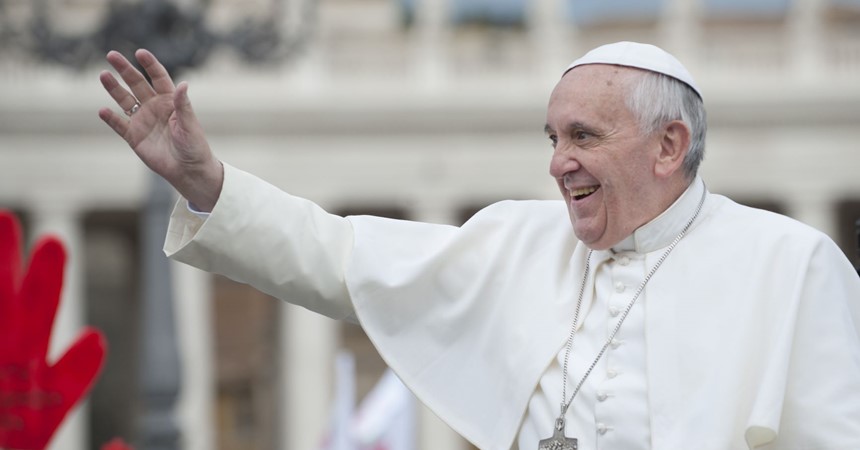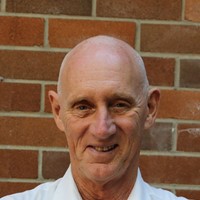Much to the surprise of many, on 13 March 2013, the election of Argentinian Cardinal Bergoglio was announced. One of the first things a newly elected pope does is choose the name by which he will be known. The choice of the name is an indication of the kind of leadership direction the new pope will take.
For the first time in 800 years, the name “Pope Francis” was announced – in honour of the remarkable Francis of Assisi. This 13th century saint lived a life of voluntary poverty, trusting in God’s providence to provide. He was also known for his joyfulness and appreciation of the way in which the beauty of nature speaks of the wonder of God. Francis would express this sense of closeness by referring to his “brother” sun; or “sister” moon; or “brother” wolf; as he approached his death, he referred to his “sister” death.
Soon after his election, Pope Francis announced he would like to see the emergence of “a poor Church in service of the poor”. He would soon release his first teaching and he would call this “The Joy of the Gospel”.
Then, in June 2015, Pope Francis released his major teaching on care for the global environment, Laudato si’, which means “praise to you”. The quotation is from the medieval saint’s hymn, “Praise to you, my Lord, through our sister, mother earth, who sustains and governs us.”
Laudato si’ is not pious nonsense. It is a visionary document that argues strongly for the necessity of systematic transformation of industrial practises, business objectives and personal lifestyles.
Tokenistic adjustments have no place in the Laudato si’ plan of action. On page one it says:
“Saint Francis reminds us that our common home is like a sister with whom we share our life and a beautiful mother who opens her arms to embrace us ... This sister now cries out to us because of the harm we have inflicted on her by our irresponsible use and abuse of the goods with which God has endowed her ...”
Laudato si’ analysis of the human activities and attitudes that contribute to this environmental destruction makes for uncomfortable reading. It points to the essential need for a global “ecological conversion” and to a hope-filled vision for the establishment of a global “integral ecology”. This will reverse the cycle of environmental degradation and help “restore a sense of sacred respect for the earth because it is not just our home, but also Gods’ home” (Pope Francis, Earth Day, 2020).
The document makes clear that the necessary “global conversion” will only be achieved by nations, industries and economies working in solidarity. An integral component of this solidarity is to make real “the preferential option for the poor”.
“Rebuild my Church” was the mission that guided St Francis and “Restore my Planet” would be an apt mission statement Laudato si’. Globally, many understand the urgency for action, particularly the poor.
This year, Pope Francis launched a Laudato si’ anniversary year (May 24 2020-May 24 2021). A seven-year Action Platform will commence next year. The action platform will engage with seven areas of human activity to which Laudato si’ refers. Attention to these will contribute to the emergence of the global “integral ecology”.
These are the seven Action Platform areas.
- Response to the Cry of the Earth – the emergence of sustainable business and industrial practises that also protect biodiversity.
- Response to the Cry of the Poor – defence of human life from conception, and towards all vulnerable groups (indigenous, migrants and slaves).
- Ecological Economics – sustainable and ethical production and consumption as well as investment in renewable energy.
- Simpler Lifestyles – diet, energy use, forms of transport and sustainability.
- Ecological Education – promoting awareness and action.
- Ecological Spirituality – develops the religious sense of God’s creation through ecological catechesis, prayer and formation.
- Emphasis on Community Participation and Action.
The Laudato si’ Action Platform will engage the global Church on the level of families; dioceses and parishes; schools; universities; hospitals and health centres; businesses/agriculture and farms; and religious orders. It will appeal to all people of goodwill and complement the UN Sustainability Goals.
Fr Kevin Corrigan is a priest in the Morisset Parish.




























































































